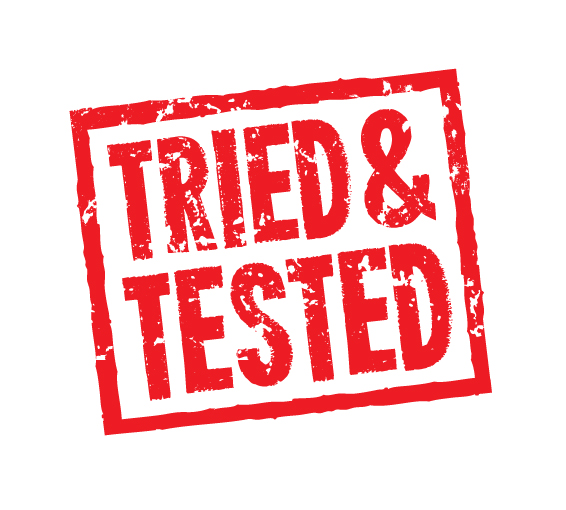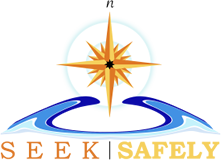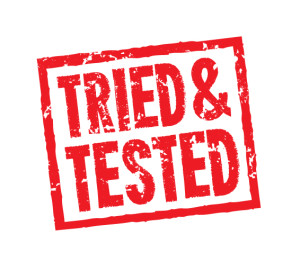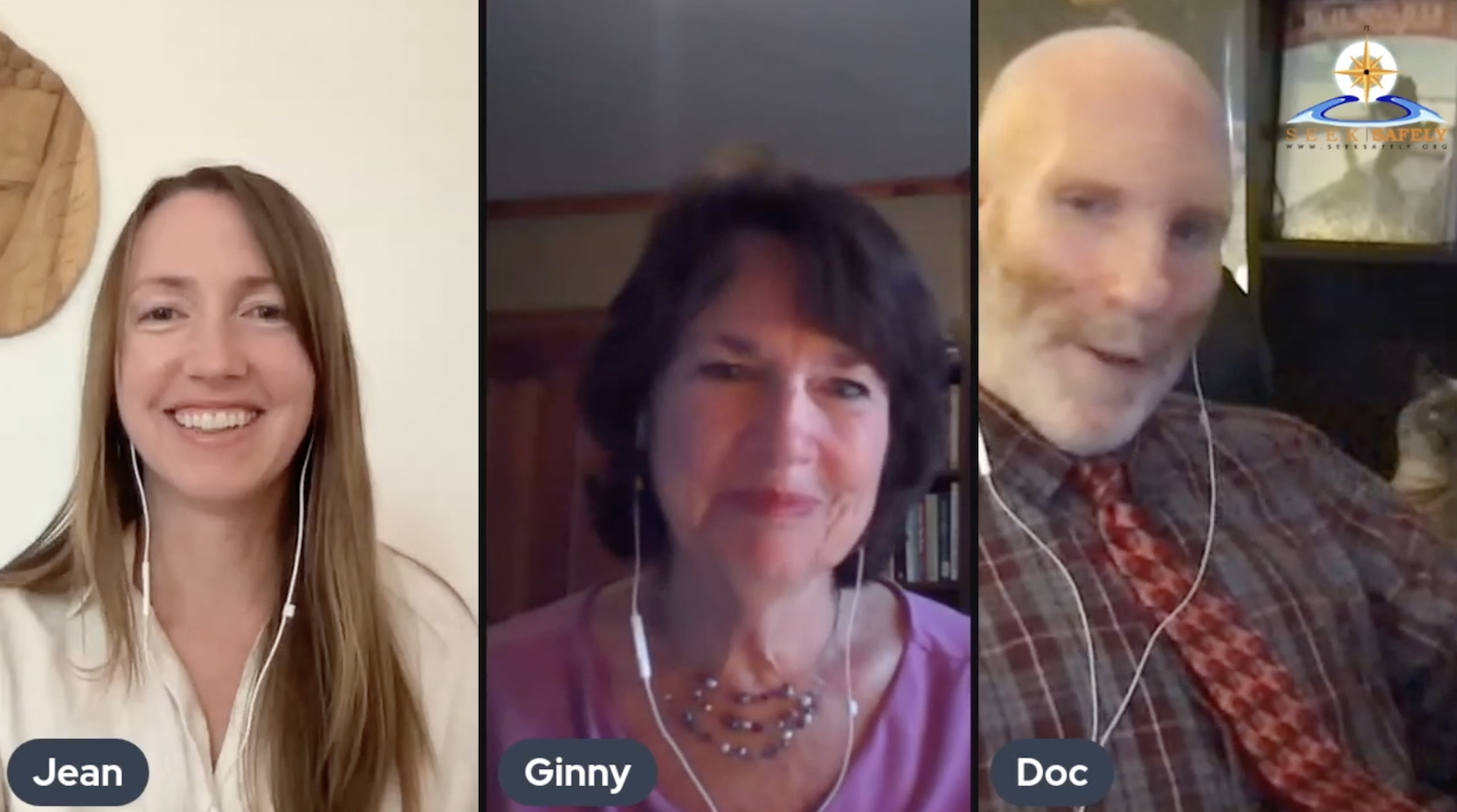
To help us weed through the huge amount of self-help out there, we have been consulting Dr. John Norcross’ 12-point checklist. Dr. Norcross urges seekers to look beyond the “glitz” and the unbelievable claims of a quick fix, to check if any research supports the claims being made and to:
4. Favor Self-Help that has been tested as self-help.
Ok, sounds confusing, what does this mean?
- Clever marketers of self-help know that terms like “research proven” or “clinically tested” makes something sound legit and convinces someone to either buy the product or “buy into” the idea or program. However, these terms often refer to work that has been tried and tested by a trained, experienced professional, not the average seeker.
- The research may show effectiveness in a laboratory setting, but that doesn’t mean that outside of that controlled environment, this will work.
- So, you need to ask, “Are these claims possible for me to achieve, without professional training or experience?” We need controlled research that shows a lay person, on their own, can benefit from the self-help being offered.
- This reminds me of products that are advertised as “Do It Yourself”, but when you buy the kit or try to assemble it yourself, you realize you needed an engineering degree to put it together!






